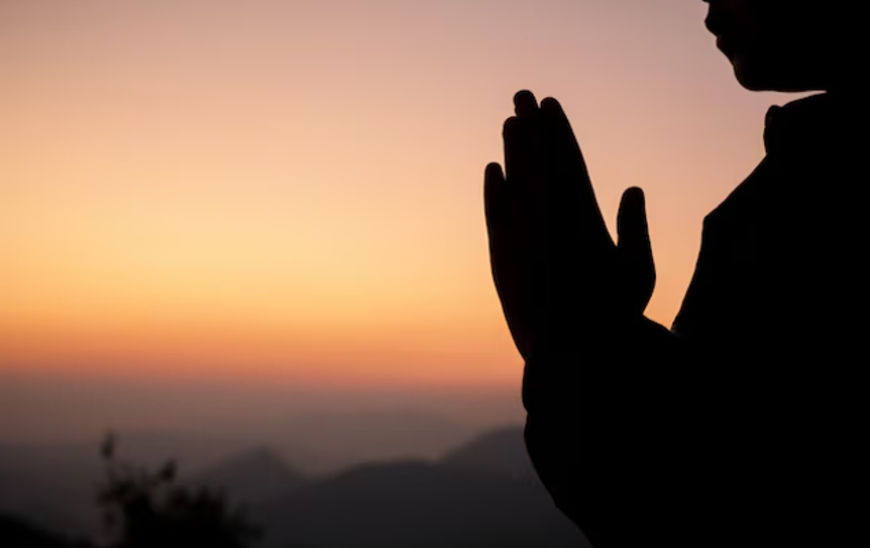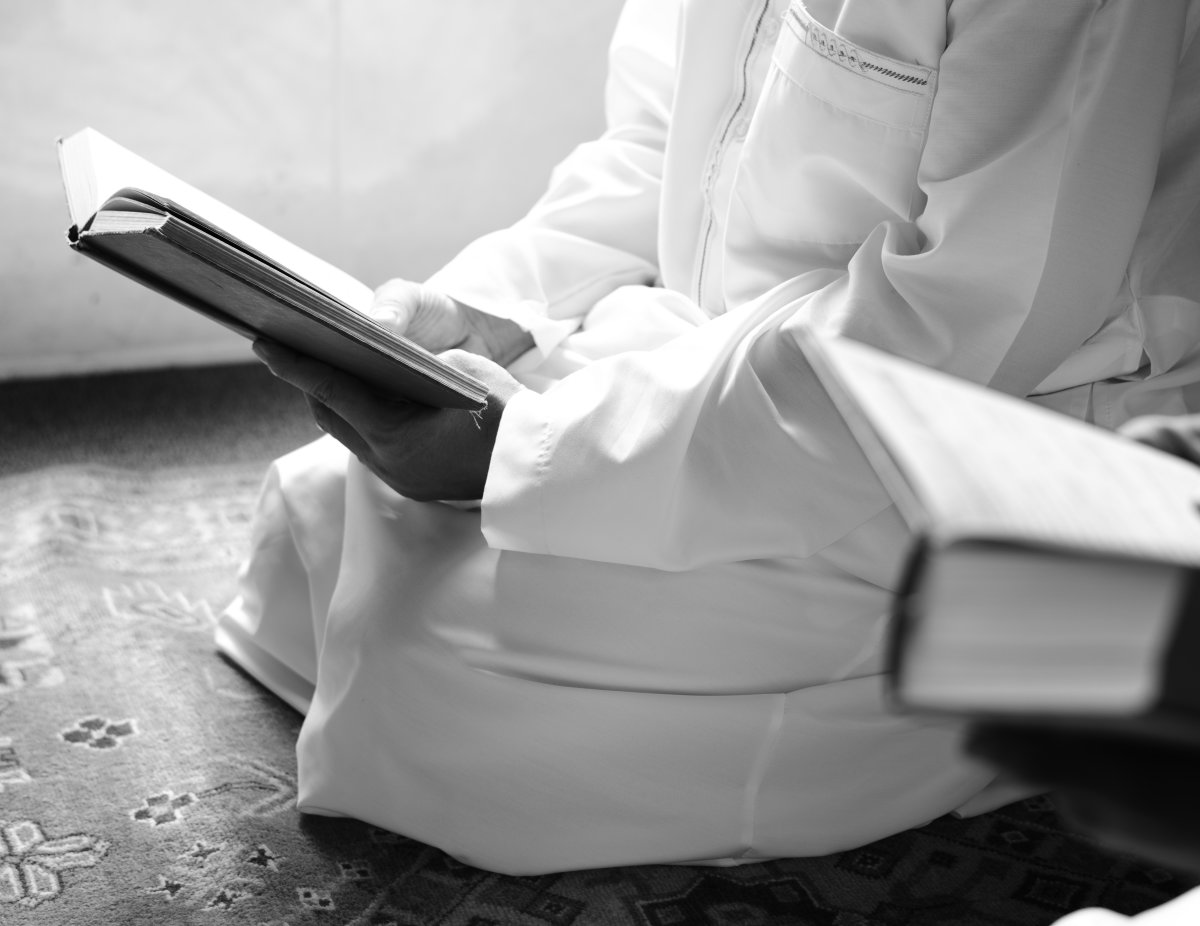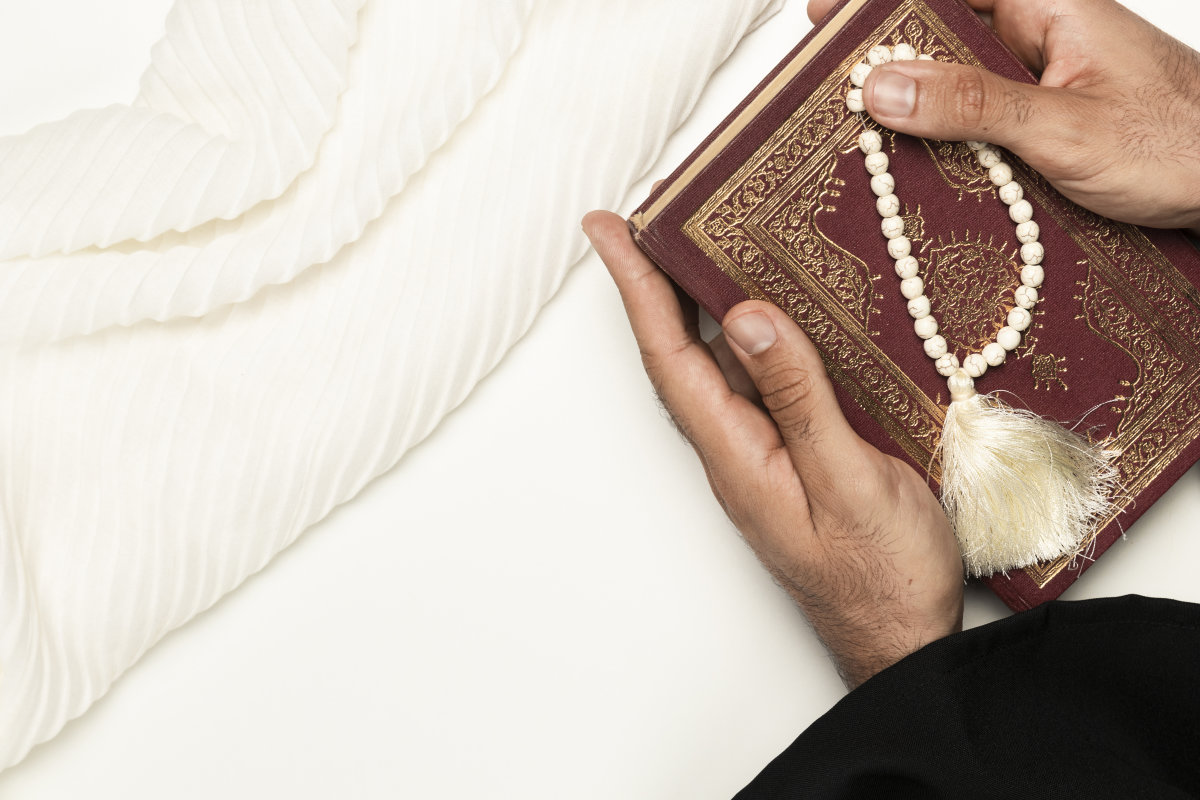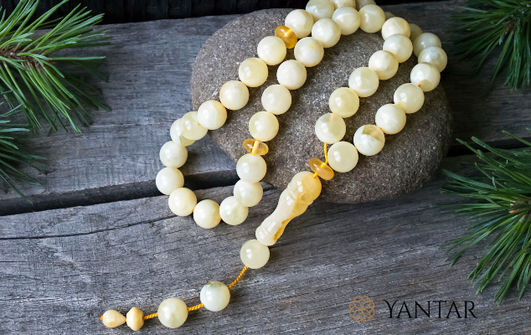
Fajr prayer is the first of the five daily prayers in Islam, marking the beginning of a Muslim’s day with devotion and remembrance of Allah. It is performed before sunrise and holds a significant place in a Muslim’s spiritual journey. This article will guide you through the process of praying Fajr, emphasize its importance and benefits, and explain the proper timing for offering this prayer.

Importance of Fajr Prayer
Fajr prayer is not just about beginning the day but about setting the tone for a righteous and purposeful life. The Qur'an and Hadiths (teachings of the Prophet Muhammad, peace be upon him) repeatedly emphasize the immense value of performing Fajr on time. In Surah Al-Isra (17:78), Allah instructs Muslims to: "Establish prayer at the decline of the sun [from its meridian] until the darkness of the night and [also] the Qur'an of dawn. Indeed, the recitation of dawn is ever witnessed."
The Prophet Muhammad (peace be upon him) further elaborated on the spiritual rewards of Fajr, saying: "Whoever prays the two rak'ahs (units) of Fajr will be granted the blessings of this world and the hereafter" (Sahih Muslim). He also mentioned that the angels witness the morning prayer, and those who consistently offer Fajr are promised light on the Day of Judgment.

Amber Misbaha (Prayer Beads) and Fajr Prayer
Incorporating the amber misbaha into your worship routine, especially around the time of Fajr, can deepen the spiritual connection and enhance the experience of morning devotion. The amber misbaha, a string of prayer beads made from amber, is often used by Muslims as a rosary for dhikr (the remembrance of Allah). Amber, being a natural resin, has historically been valued for its beauty and healing properties, making it a popular material for crafting misbaha.
Spiritual Benefits of Using Amber Misbaha:
- Focus in Worship: Using a misbaha during dhikr after Fajr helps maintain focus and consistency in counting praises and remembrances of Allah. Repeating phrases like "SubhanAllah" (Glory be to Allah), "Alhamdulillah" (All praise be to Allah), and "Allahu Akbar" (Allah is the Greatest) with the beads provides a tactile way to stay mindful in worship.
- Healing and Calmness: Amber is believed by some to carry calming properties that can reduce anxiety and stress. When used during Fajr or dhikr, the amber beads can help create a sense of tranquility, enhancing concentration and inner peace.
- Sunnah Practice: Though the Prophet Muhammad (peace be upon him) did not use a specific tool like a misbaha for counting dhikr, its use has become widespread as a practical aid. Using amber misbaha aligns with the tradition of Tasbih (praising Allah) and reflects a continuity of Islamic practices.
The symbolism of Amber in Islamic Worship
Amber, formed from ancient trees, symbolizes the idea of purification and preservation—qualities that resonate with the act of dhikr. Just as amber preserves ancient remnants from nature, so too does the remembrance of Allah preserve one’s heart from distraction and sin. Additionally, the natural, golden hues of amber can remind the user of the barakah (blessings) and light associated with offering Fajr.
Incorporating the Amber Misbaha into Your Fajr Routine
After completing the obligatory and Sunnah prayers of Fajr, many Muslims engage in dhikr or the recitation of Ayat al-Kursi and other supplications. Using an amber misbaha during this time can make the act more intentional and focused. Here’s how you can incorporate it:
- Recite the Tasbih: Use the misbaha to recite SubhanAllah (33 times), Alhamdulillah (33 times), and Allahu Akbar (34 times), as taught by the Prophet Muhammad (peace be upon him) as a morning and evening remembrance.
- Make Dua: After using the misbaha for dhikr, offer personal supplications (dua) to Allah, seeking His guidance, blessings, and protection for the day ahead.
- Morning Athkar: Use the amber misbaha to recite additional morning athkar (remembrances), such as La ilaha illallah (There is no god but Allah), affirming the oneness of Allah as the day begins.
How to Pray Fajr
Fajr consists of two rak'ahs (units) of Sunnah prayer followed by two rak'ahs of obligatory (Fard) prayer. Here is a step-by-step guide to performing the Fajr prayer:
Step 1: Niyyah (Intention)
Before you begin, make a sincere intention in your heart to perform Fajr prayer for the sake of Allah. This is called niyyah, and it doesn’t need to be said out loud. It is a silent commitment within your heart.
Step 2: Takbiratul Ihram (Opening Takbir)
Stand facing the Qibla (the direction of the Kaaba in Mecca) and raise your hands to your ears, saying "Allahu Akbar" (Allah is the Greatest). This marks the beginning of your prayer.
Step 3: Recite Surah Al-Fatiha
While standing, recite Surah Al-Fatiha (the Opening) in every rak'ah. It begins with "Bismillahir Rahmanir Rahim" (In the name of Allah, the Most Gracious, the Most Merciful). This is followed by the rest of the chapter.
Step 4: Recite Another Surah or Verses from the Qur'an
After Al-Fatiha, recite any other short Surah or a few verses from the Qur'an. Surah Al-Ikhlas or Surah Al-Kawthar are commonly recited during Fajr.
Step 5: Ruku (Bowing)
After the recitation, say "Allahu Akbar" and go into the bowing position, placing your hands on your knees and keeping your back straight. In this position, recite three times: "Subhana Rabbiyal Azeem" (Glory is to my Lord, the Most Great).
Step 6: Rise from Ruku
Stand upright again, saying: "Sami' Allahu liman hamidah" (Allah hears those who praise Him) and "Rabbana lakal hamd" (Our Lord, to You belongs all praise).
Step 7: Sujud (Prostration)
Say "Allahu Akbar" and go into sujud (prostration), with your forehead, nose, hands, knees, and toes touching the ground. In sujud, recite three times: "Subhana Rabbiyal A'la" (Glory is to my Lord, the Most High).
Step 8: Sit Between Two Sujuds
After the first sujud, say "Allahu Akbar" and sit up straight, reciting: "Rabbighfir li, warhamni, wahdini, wa'afu anni" (O Lord, forgive me, have mercy on me, guide me, and pardon me).
Step 9: Perform the Second Sujud
Say "Allahu Akbar" again and go into the second sujud, repeating the same process.
Step 10: Repeat for the Second Rak'ah
After completing the first rak'ah, stand up for the second rak'ah and repeat steps 3 to 9.
Step 11: Tashahhud (Sitting Position)
After the second rak'ah, sit and recite the Tashahhud: "At-tahiyyatu lillahi wa-salawatu wa-tayyibat. As-salamu 'alayka ayyuhan-nabiyyu wa rahmatullahi wa barakatuh. As-salamu 'alayna wa 'ala 'ibadillahis-salihin. Ashhadu alla ilaha illallah wa ashhadu anna Muhammadan 'abduhu wa rasuluh."
Step 12: Tasleem (Ending the Prayer)
After reciting Tashahhud, end the prayer by turning your head to the right and saying "As-salamu 'alaykum wa rahmatullah" (Peace and mercy of Allah be upon you), then turning to the left and repeating the same.

Benefits of Fajr Prayer
1. Spiritual Benefits
-
Closeness to Allah: Fajr is a time when the world is still, allowing a Muslim to connect with Allah in a peaceful environment. This connection fosters inner peace and spiritual growth.
-
Angels Witness the Prayer: The Prophet (peace be upon him) taught that angels record the Fajr prayer, and those who pray at this time are under Allah’s protection throughout the day.
2. Physical and Mental Benefits
-
Healthy Routine: Waking up early to perform Fajr encourages a structured daily routine, leading to better time management and productivity.
-
Mental Clarity: Praying early in the morning helps to clear the mind, fostering focus and mental clarity, which can positively impact the rest of your day.
-
Boost in Energy: Starting your day with Fajr energizes the soul and the body, leading to a more active and fruitful day.
3. Worldly Rewards
-
Protection from Evil: The Prophet (peace be upon him) said that those who pray Fajr are under Allah’s protection, safeguarding them from harm and evil for the rest of the day.
-
Source of Barakah (Blessing): There is barakah (blessing) in the early hours of the day, and Fajr allows Muslims to seek and attain this blessing in their life and work.
Timing of Fajr Prayer
The time for Fajr begins at dawn (the first appearance of light on the horizon) and lasts until just before sunrise. Performing Fajr prayer as early as possible is highly recommended. If delayed until the sun begins to rise, the prayer becomes invalid.
How to Determine Fajr Time:
-
Use a prayer timetable: You can easily find online tools or mobile apps that provide the accurate prayer time based on your location.
-
Local mosque announcements: Most mosques announce the time for Fajr prayer and provide an Athan (call to prayer) before the start.
Fajr prayer is more than just an obligation; it is a source of spiritual nourishment, mental clarity, and physical well-being. By offering Fajr on time, Muslims start their day with a reminder of their purpose and responsibility toward Allah. It grants barakah (blessings) in daily activities, offers protection from harm, and brings the individual closer to Allah. Striving to pray Fajr consistently ensures that one begins each day with the light of guidance and divine favor.
Let Fajr be the foundation for a productive and fulfilling day, bringing both spiritual and worldly benefits into your life.





 Jewelry
Jewelry Silver amber jewelry
Silver amber jewelry Amber pictures
Amber pictures Souvenirs
Souvenirs